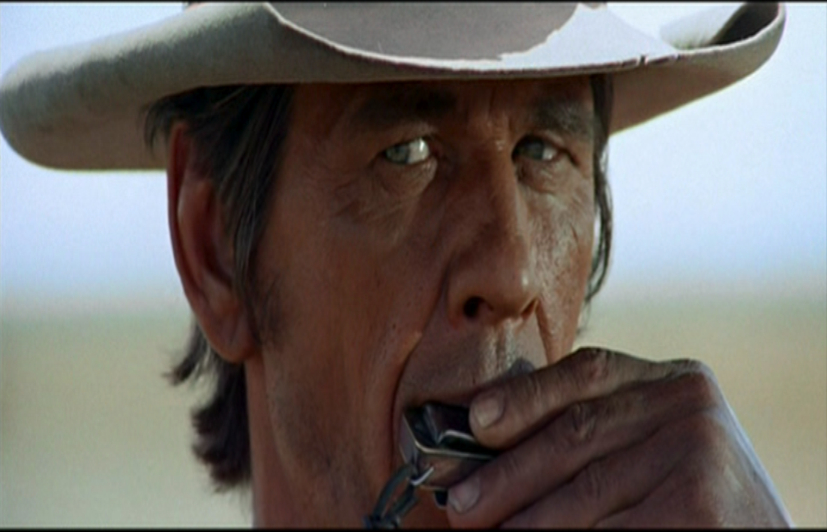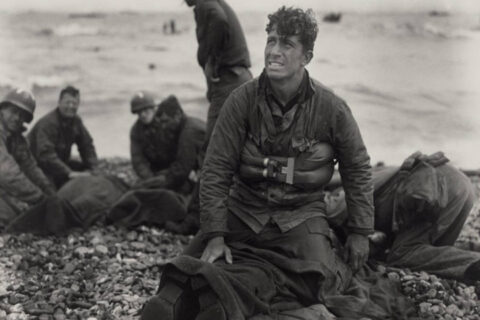If I were to list the most influential crops in American, and especially Dixian, history, tobacco would be right at the top. I could even make the case that it is the single most influential crop in our history. Whites have grown tobacco in the Americas, especially the Upper South, for centuries and it has long been a major part of the region’s economy, especially in North Carolina and Virginia. Additionally, the rest of the world has loved it for a long time, to the point where American tobacco is considered a status symbol in certain parts of the globe. I can even remember a professor telling me that when he traveled to Latin America, he would always put a pack of cigarettes in his luggage (even though he did not smoke). The reason for this was so that corrupt officials would take the cigarettes, instead of something more valuable.
Against this backdrop of history, we can see just how bizarre the War on Tobacco has been. I can think of few times when a nation has worked so diligently to snuff out a highly valuable crop, both in terms of production and its historical significance. I am too young to remember when tobacco companies could advertise on television, but I can remember such things as cigarette advertising on billboards, Joe Camel, and cigarette machines in the local Waffle House. I can remember when restaurants had smoking sections. And while this happened well before I started drinking, I can remember when banning smoking in bars was considered controversial.
Today, in a world where tobacco companies cannot advertise cigarettes publicly, Joe Camel is now long gone, as are those machines. No one gets riled up about banning smoking in bars anymore (except Identity Dixie’s editor). It really does feel like a different planet. The War on Tobacco is one of the most influential moments in Dixie’s history and was one of the greatest achievements of the Third Reconstruction (1991-2001) and a key reason why the Fourth Reconstruction has had its successes. To understand this, we must look at how the War on Tobacco has radically transformed the economy of the Upper South, particularly North Carolina and Virginia.
Before I begin, let me say that I do not smoke. I’ve been known to smoke a pipe every now and again and a cigar even less frequently, but smoking is not an activity I regularly partake in. I do not doubt the health problems associated with smoking, although considering that health problems really only emerged in the past few decades, despite centuries of use, I do think the issue is mass production more than anything else.
Still, tobacco is an important part of Dixie’s culture, and it is something I admire even if I hail from the South of cotton and Baptists, rather than the South of tobacco and Episcopalians. All the same, tobacco has had a major impact on the development of our culture and has largely built the Upper South. That is why it is necessary to learn about the War on Tobacco and to understand the radical changes that have taken place, especially in North Carolina and Virginia. In 1990, both of these states were conservative tobacco states and were governed accordingly. North Carolina has somewhat of an undeserved reputation as one of the most liberal Southern states, but this is only relatively so. The state was still closer to its Dixian kin than any state in the North and could even boast Jesse Helms as a senator. Virginia, though decidedly less populist than North Carolina, was cut from much of the same cloth. Tobacco was the driving force of the economy and with its focus on the long haul and land, it produced a conservative mindset in its citizens. The agrarian nature of the economy meant that old monied families had considerable say over both states. North Carolina also had a considerable textile and furniture manufacturing industry that produced much of the same mindset. Of course, these industries would suffer considerable damage in the wake of NAFTA, but that is a story for another day.
But when the War on Tobacco came, all of this was lost. What had been the major driving economic industry, in both North Carolina and Virginia, was gone in almost a single generation, and with that came major shifts in the political attitudes in both states. In North Carolina, banking (particularly in Charlotte) and Big Tech became the economic powerhouses driving the state. In Virginia, it became the federal government. And since banking, Big Tech, and the federal government all produce a far less conservative philosophy than tobacco does, the states began to change. Tobacco, as with most agricultural products, tries to adhere to a certain degree of continuity. But that is not the case with banking or Big Tech, the destruction of traditional norms rules the day – just look at all the leftwing causes that both industries have put their weight behind. Remember, it was the banking and Big Tech industries that went after North Carolina over their bathroom bill. And, in the case of Virginia, the shift away from an agrarian, tobacco-based economy to one built around the federal government brought in millions of those workers and the results are what you would expect. Now with an economy built around the Yankee government, Virginia, at least the power centers, acts like it.
When Dixian Nationalists discuss what has happened to Dixie in the past few decades, the two biggest culprits named, and for good reason, are increased external and internal immigration and an education system designed to make Southern children into obedient Yankees. And, indeed, these are certainly part of our problems. However, another major factor is how the economies of our states have changed. We can see this in Georgia, too. Georgia, as a cotton state, could preserve her Dixian heritage. But if Georgia is the “Hollywood of the South,” then such an endeavor is impossible. The values of Hollywood and the values of Dixie cannot work together. Perhaps this is a major reason why Texas has not been as radically transformed as North Carolina, Virginia, and Georgia have been. As an oil state, it senses that the Left is hostile to its economic well-being, just as North Carolina and Virginia would if they were still tobacco states or Georgia if she was still a cotton state. Remember this next time some Republican hack wants to sing the virtues of the “job creators.”
The War on Tobacco was a proxy war on Dixie. Not just by attacking a major cultural institution, but also one that brought in millions of dollars a year. By destroying the tobacco industry, new economic forces where able to come in and take over the state – thus, giving us the alien versions we have today. Yes, the education system is a problem. Yes, immigration is a problem. But we can also look to the economic drivers. By changing that, the Left, led by the federal government, has been able to foster radical change on both Virginia and North Carolina that would have been unthinkable twenty years ago, and it began with the War on Tobacco.







So very true.
> “war on tobacco oh no muh southern heritage under attack reee”
(technically it was Amerindian heritage first, but whatevs)
If the South ever does rise again, OP will graduate to penning essays advocating Dixie go the North Korea route and manufacture methamphetamine for export abroad to supplement the GDP.
Could be like Alaska where everyone gets a small stipend from the state run oil company— except it’s drugs 😛
Crank it up to next tier by teaming up with right-wing South American cartels. They ship the cocoa leaves up through New Orleans and you guys let em process it with higher quality equipment than they have down there in the jungle. For a cut of the profits, of course.
Teach them Yankees a lesson by getting them hooked on the cheap Southern sniff-sniff while you rake in the profits.
PS: this post is sarcasm and hyperbole